What Is Cat Overgrooming?
Cats are meticulous groomers, but when grooming becomes excessive, it can lead to hair loss, skin irritation, and sores. This behaviour, known as cat overgrooming, often signals underlying issues like stress, allergies, or medical conditions. Cat overgrooming releases endorphins, which can make it a self-soothing habit, reinforcing the behaviour even after the initial trigger has disappeared.
Why Do Cats Experience Cat Overgrooming?
Common Causes of Cat Overgrooming
Medical Issues:
-
Skin allergies, including reactions to food, can trigger cat overgrooming due to persistent itching and discomfort.
-
Painful conditions like arthritis can lead to targeted cat overgrooming.
-
Hormonal imbalances or thyroid issues might increase grooming behaviours.
Behavioural Factors:
-
Psychogenic alopecia, a stress-induced compulsive disorder, often manifests as excessive cat overgrooming.
-
Anxiety triggered by changes in the household environment frequently leads to cat overgrooming.
-
Lack of environmental enrichment or boredom can encourage cat overgrooming as a self-soothing behaviour.
Parasites or Skin Infections:
-
Fleas, mites, or ringworm can result in intense itching and consequently, cat overgrooming.
-
Certain foods may contribute to skin sensitivities, leading to increased grooming and licking.
Signs Your Cat May Be Overgrooming
Watch for these signs indicating cat overgrooming:
-
Bald patches, especially on the belly, legs, or base of the tail.
-
Scabs or sores on the skin.
-
Excessive licking, biting, or chewing of fur.
-
Frequent vomiting of hairballs from excessive ingestion of fur.
-
Noticeable changes in weight or eating patterns.

How to Help a Cat Stop Overgrooming
Step 1: Identify the Cause of Cat Overgrooming
Consult your veterinarian to rule out medical conditions, allergies, parasites, or environmental stressors contributing to cat overgrooming. Identifying the root cause is crucial to addressing the problem effectively.
Step 2: Provide Relief for Cat Overgrooming
Use soothing, natural skincare products such as FurBabies DermaProtect Serum. Its blend of Calendula and Clary Sage calms irritated skin, addressing discomfort caused by cat overgrooming.
Step 3: Minimise Stress to Reduce Cat Overgrooming
Create a calm environment to discourage cat overgrooming by providing:
-
Hiding spaces: Offer quiet retreats where cats feel safe.
-
Interactive toys and environmental enrichment: Combat boredom-related cat overgrooming.
-
Move the litter box: Positioning it in a quieter area may help reduce anxiety and prevent cat overgrooming.
Step 4: Improve Diet
-
Switch to a hypoallergenic diet if food allergies contribute to cat overgrooming.
-
Incorporate omega-3 supplements to improve skin health and decrease the urge to groom excessively.
Step 5: Regular Grooming
-
Conduct regular, controlled grooming sessions to reduce the likelihood of excessive self-grooming.
-
Daily brushing prevents matting, reduces shedding, and minimizes cat overgrooming.
-
Use gentle grooming sprays, like FurBabies DermaRenew Serum, to soothe sensitive skin and discourage compulsive grooming.
Step 6: Veterinary Interventions
-
In severe cases of cat overgrooming, veterinarians might prescribe anti-anxiety medications to help break compulsive grooming cycles.
Frequently Asked Questions About Cat Overgrooming
Why Is My Cat Overgrooming Her Belly?
Belly-focused cat overgrooming usually indicates stress or allergies. Look for triggers such as environmental changes, new foods, or household stressors.
Can Cat Overgrooming Be Treated at Home?
For mild cases, use calming & skin barrier products like FurBabies DermaProtect Serum, incorporate regular brushing, and enrich your cat’s environment. Persistent cases of cat overgrooming require veterinary attention.
Is Cat Overgrooming a Sign of Pain?
Yes, cat overgrooming often occurs in areas where cats experience pain, such as arthritic joints.
Why Early Intervention in Cat Overgrooming Matters
Ignoring cat overgrooming can lead to:
-
Chronic skin infections.
-
Severe stress or anxiety.
-
Worsening underlying medical conditions.
How FurBabies Botanicals Can Help with Cat Overgrooming
Our veterinary-researched skincare range provides targeted relief for pets affected by cat overgrooming:
-
DermaRenew Serum: Excellent for irritated or hyperpigmented skin due to cat overgrooming.
-
Paw, Nose & Wrinkle Balm: Soothes dry, cracked skin often caused by repeated licking.
-
DermaProtect Serum: Ideal for hormonal or stress-induced cat overgrooming.
Final Thoughts on Cat Overgrooming
Cat overgrooming is more than a cosmetic issue—it often indicates distress or discomfort in your feline friend. Understanding the causes and intervening early ensures your cat can lead a happy, healthy life. Always consult your vet for persistent cat overgrooming concerns.


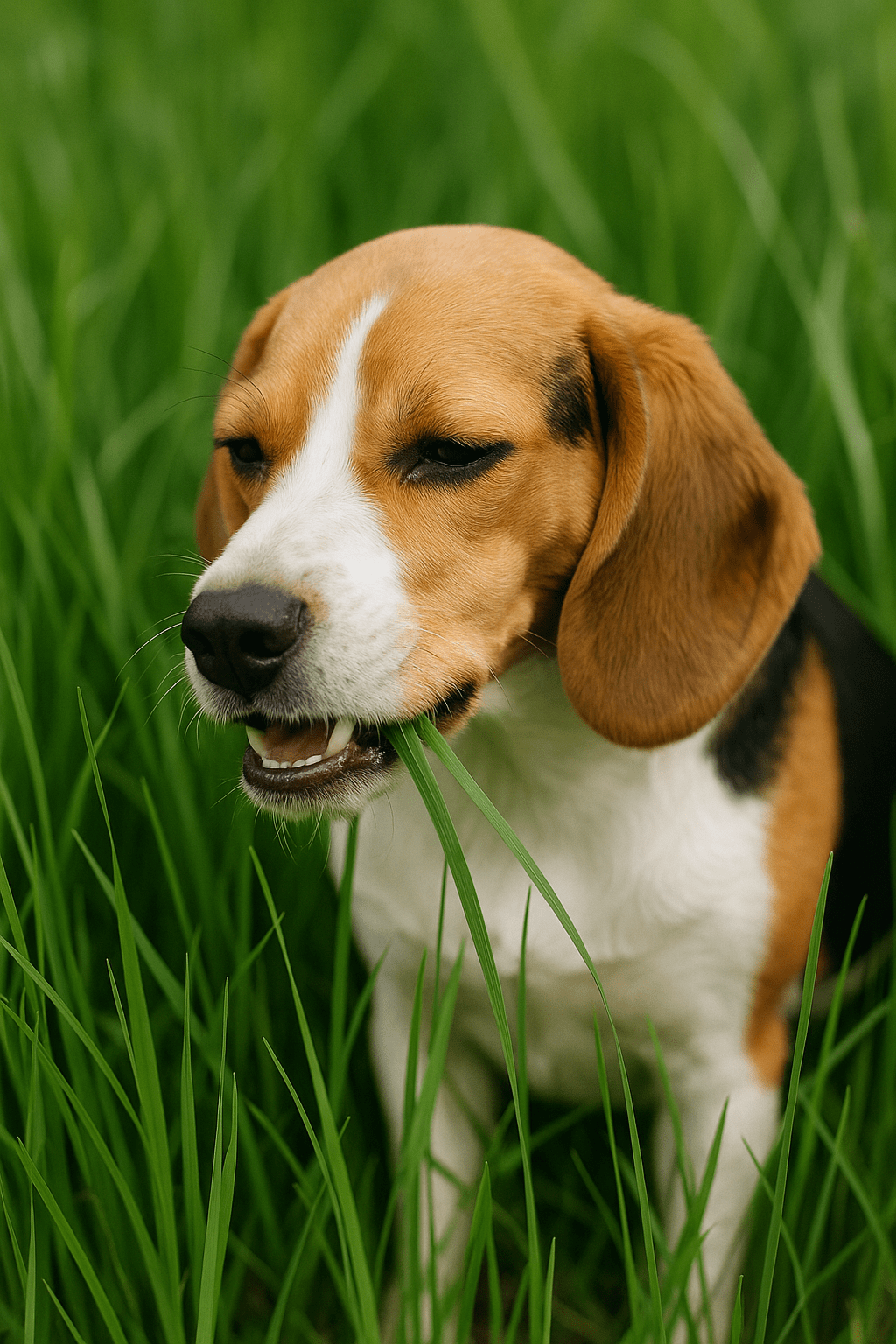
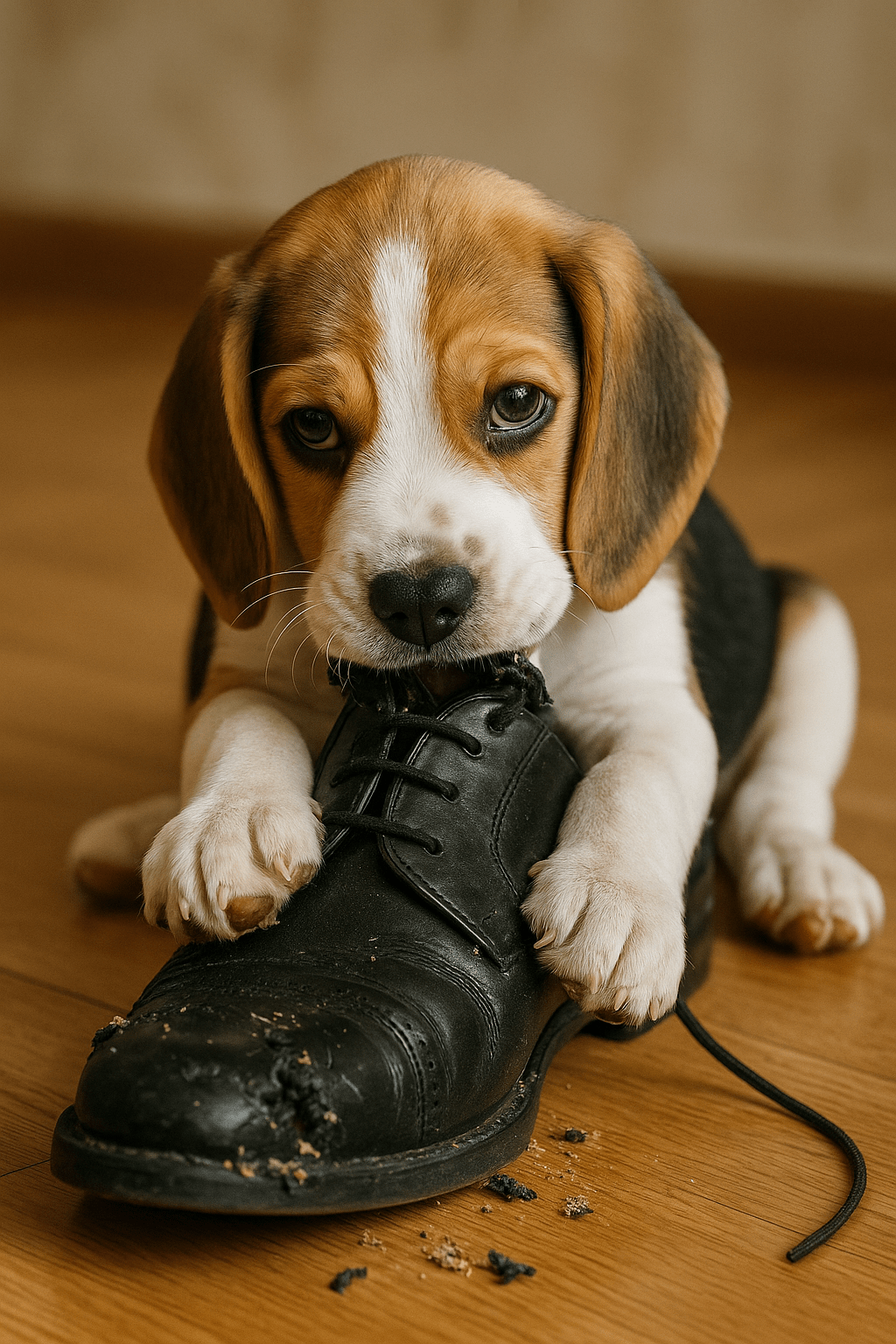
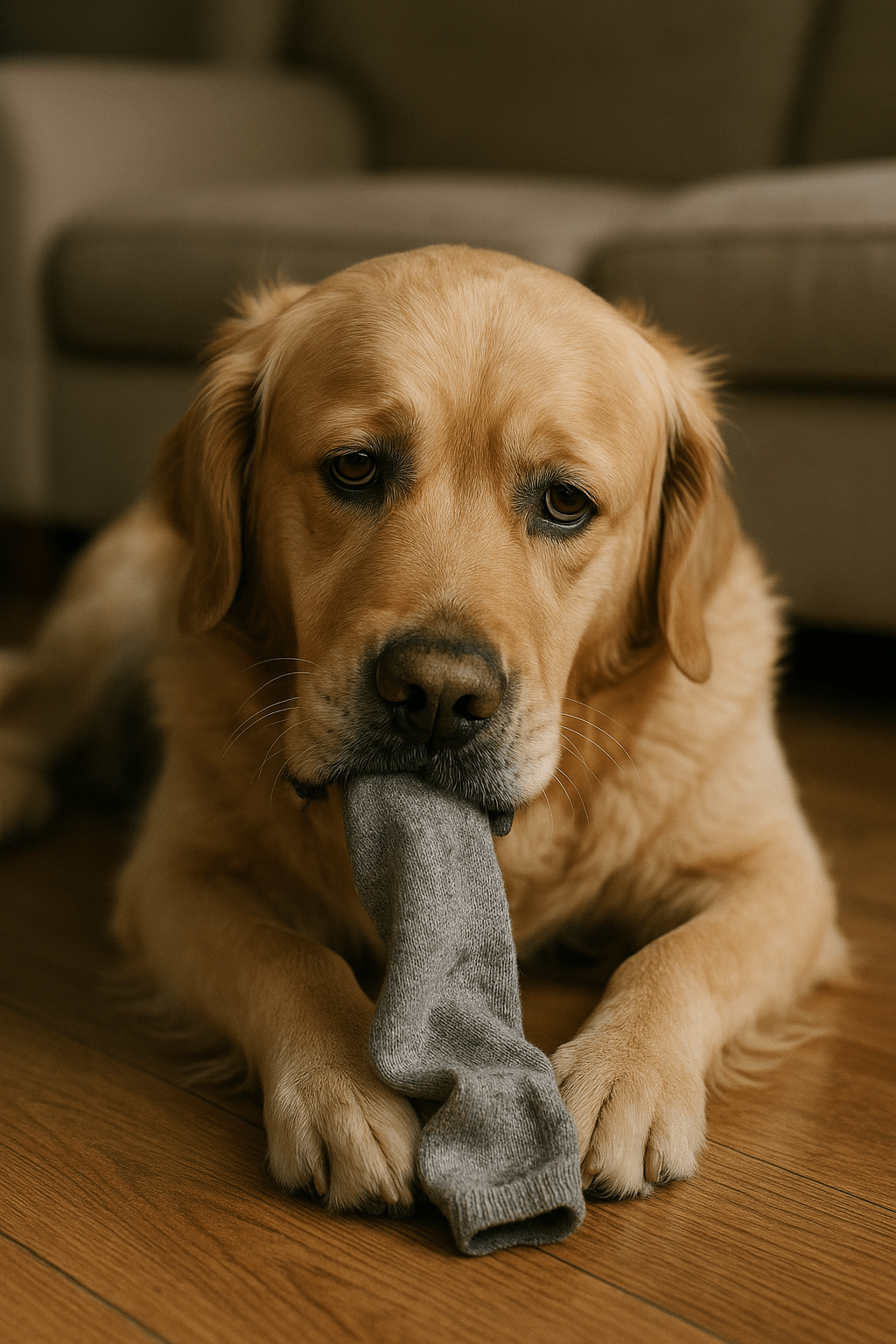
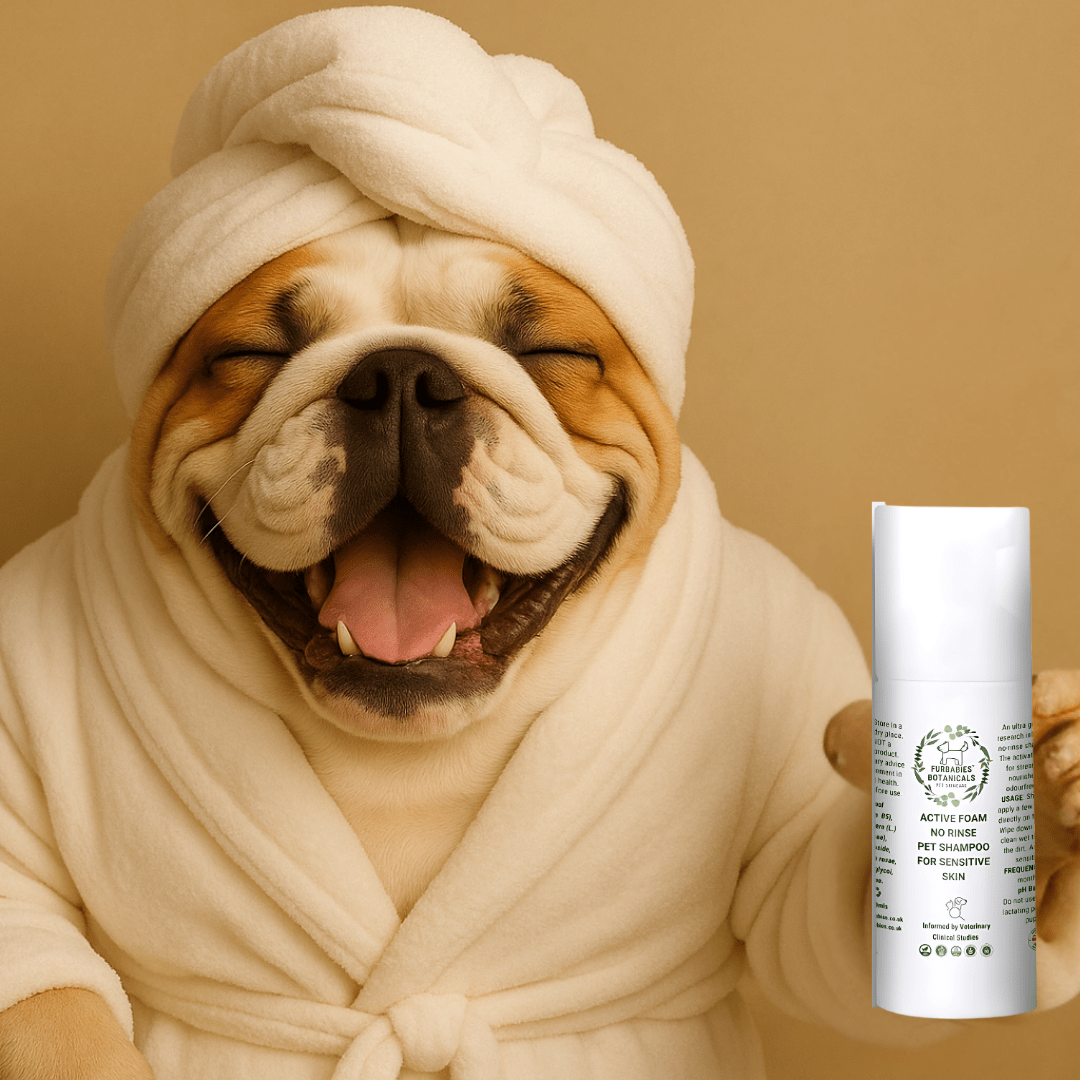
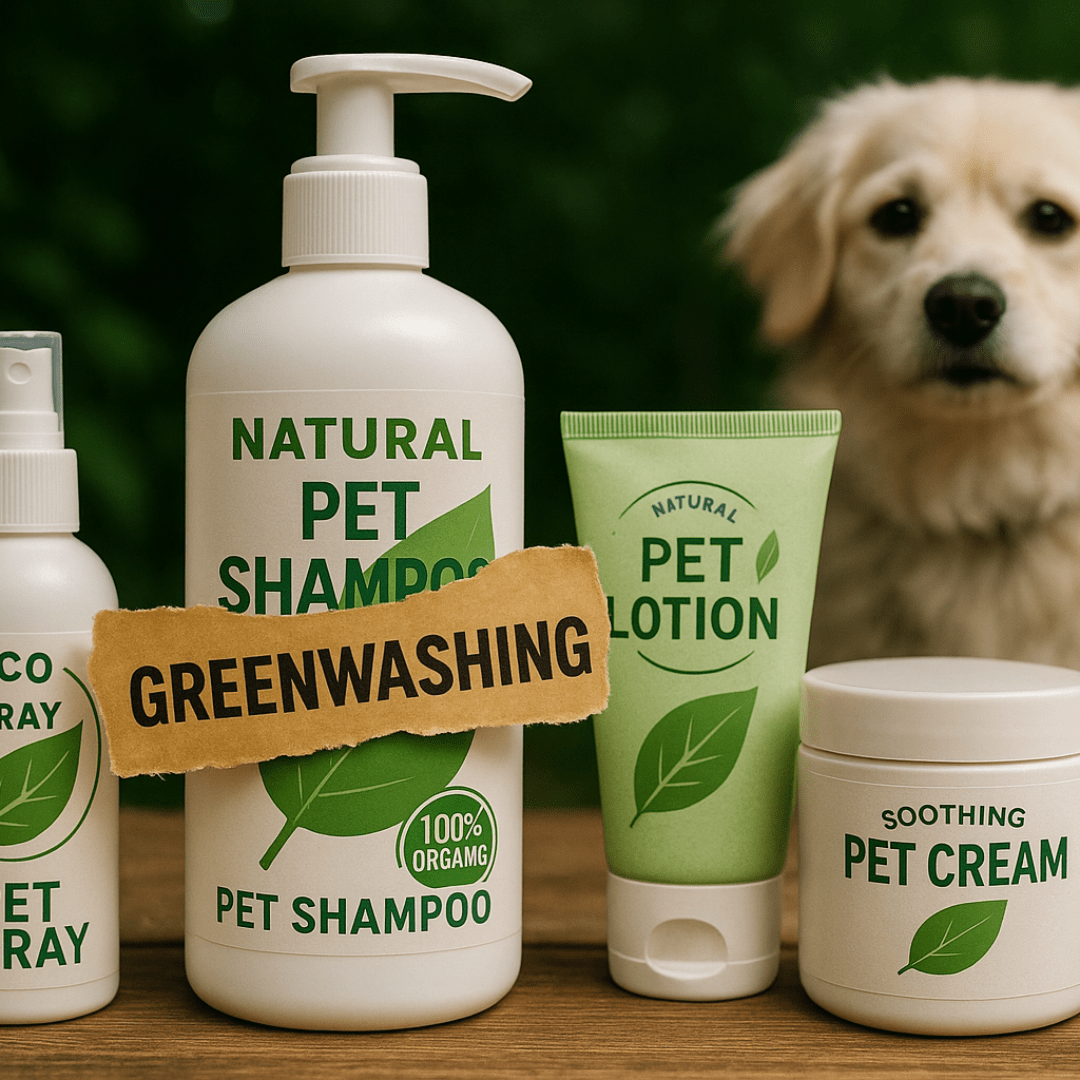
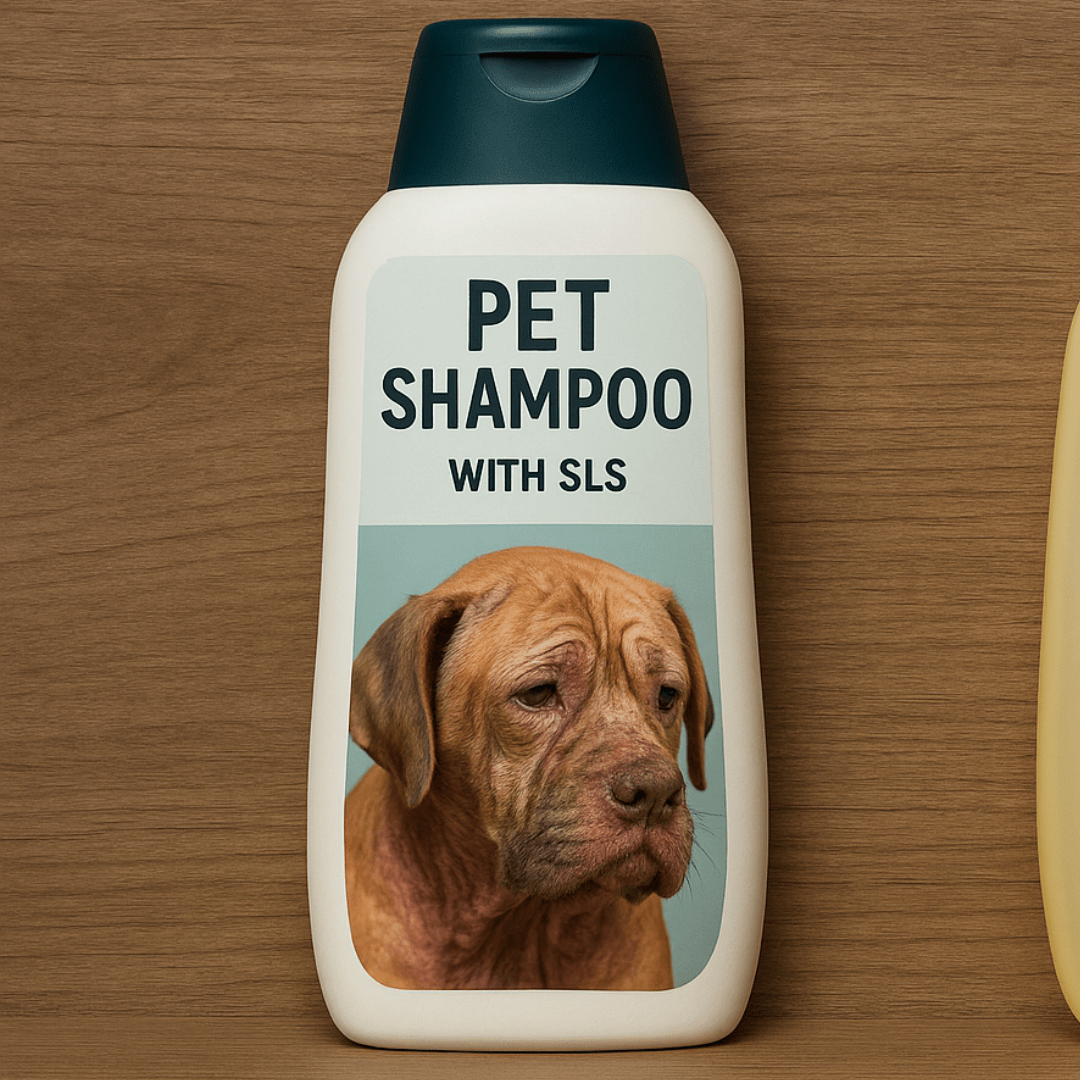


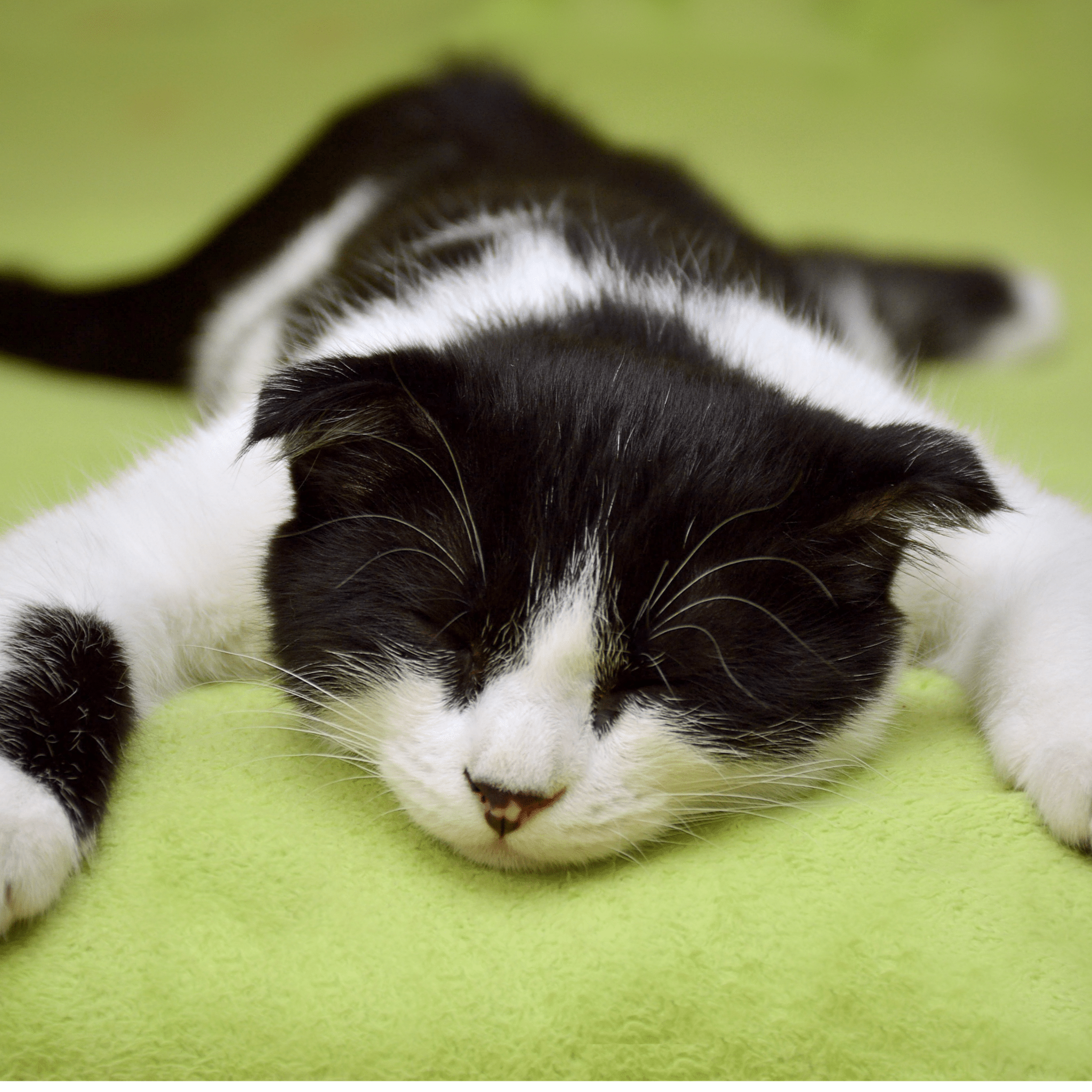
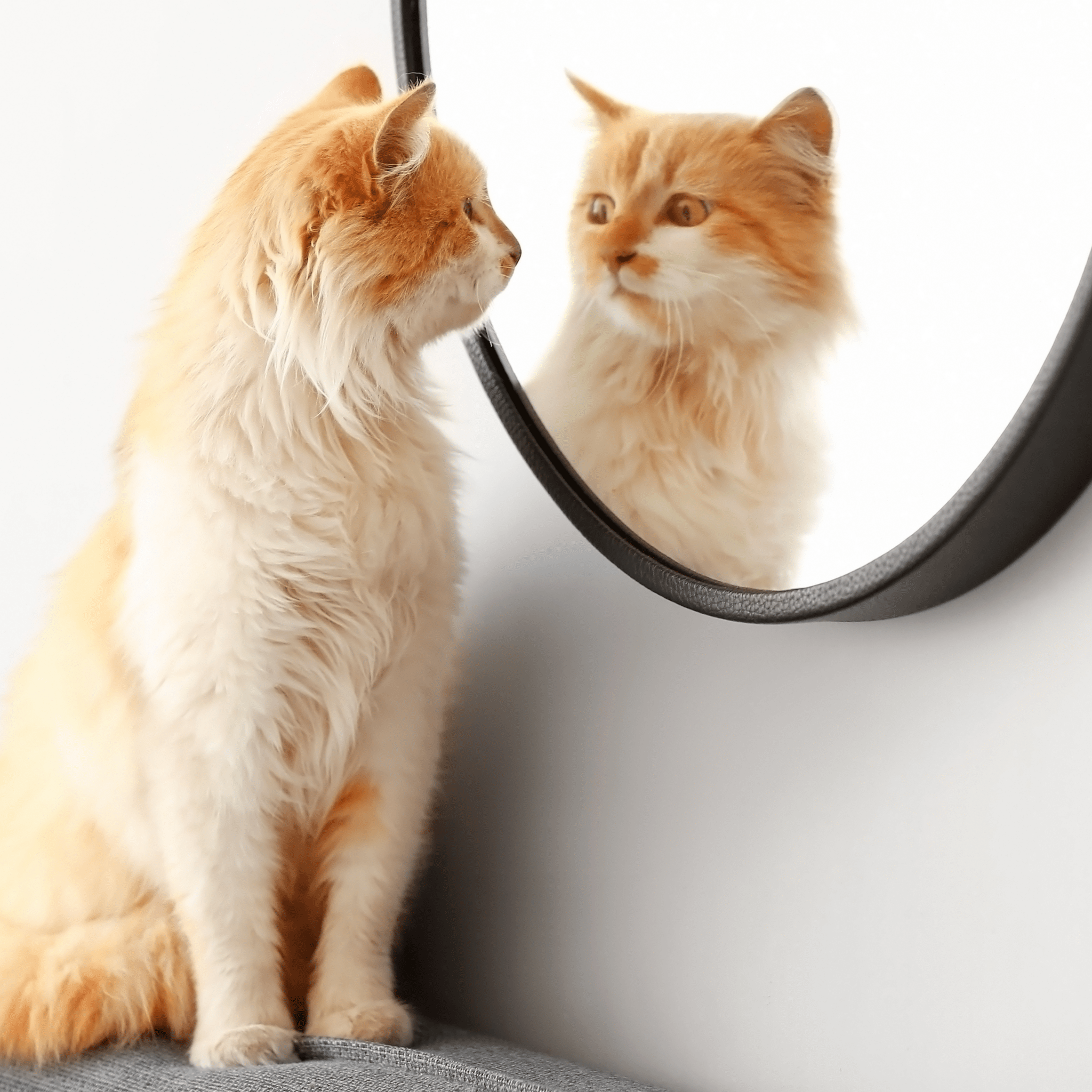
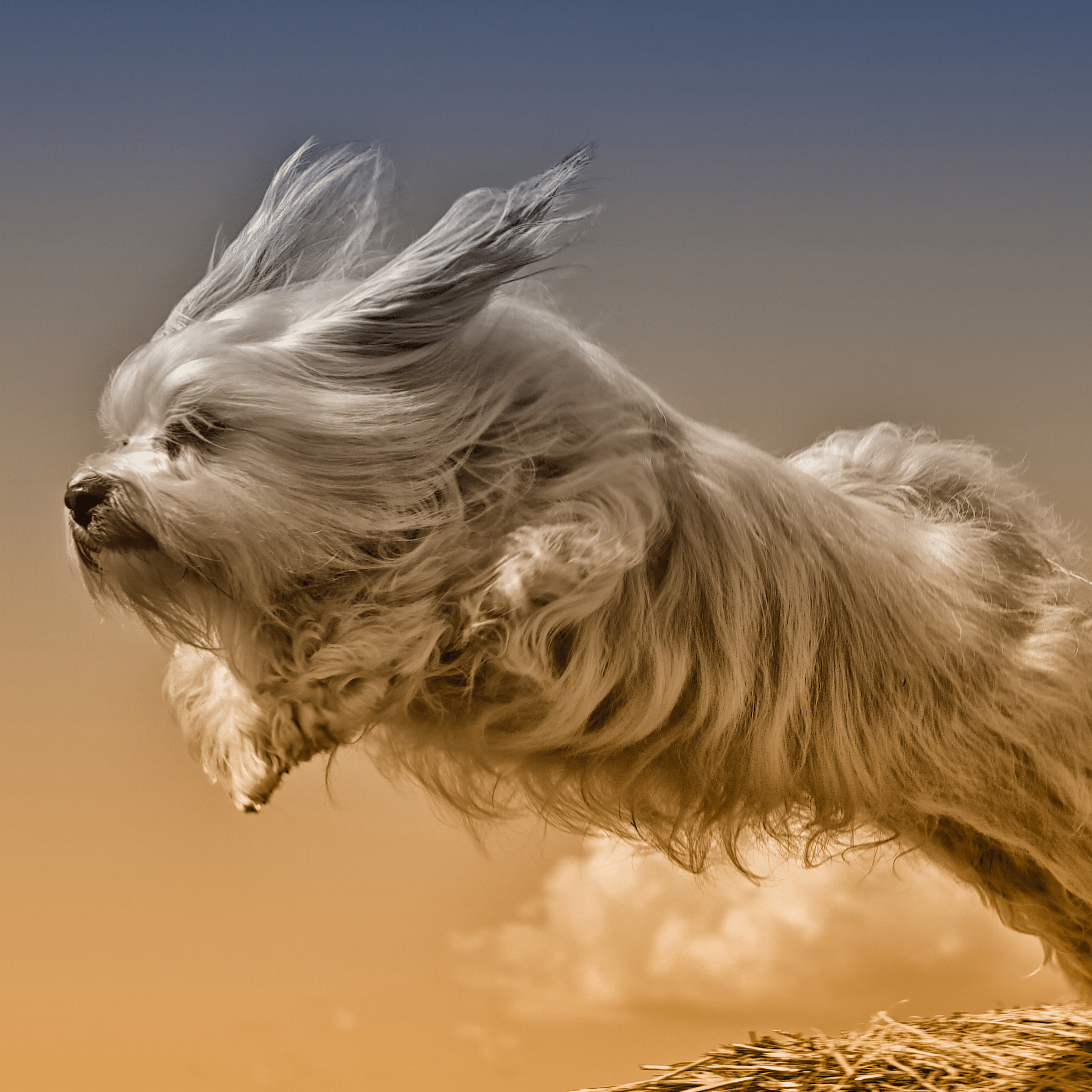
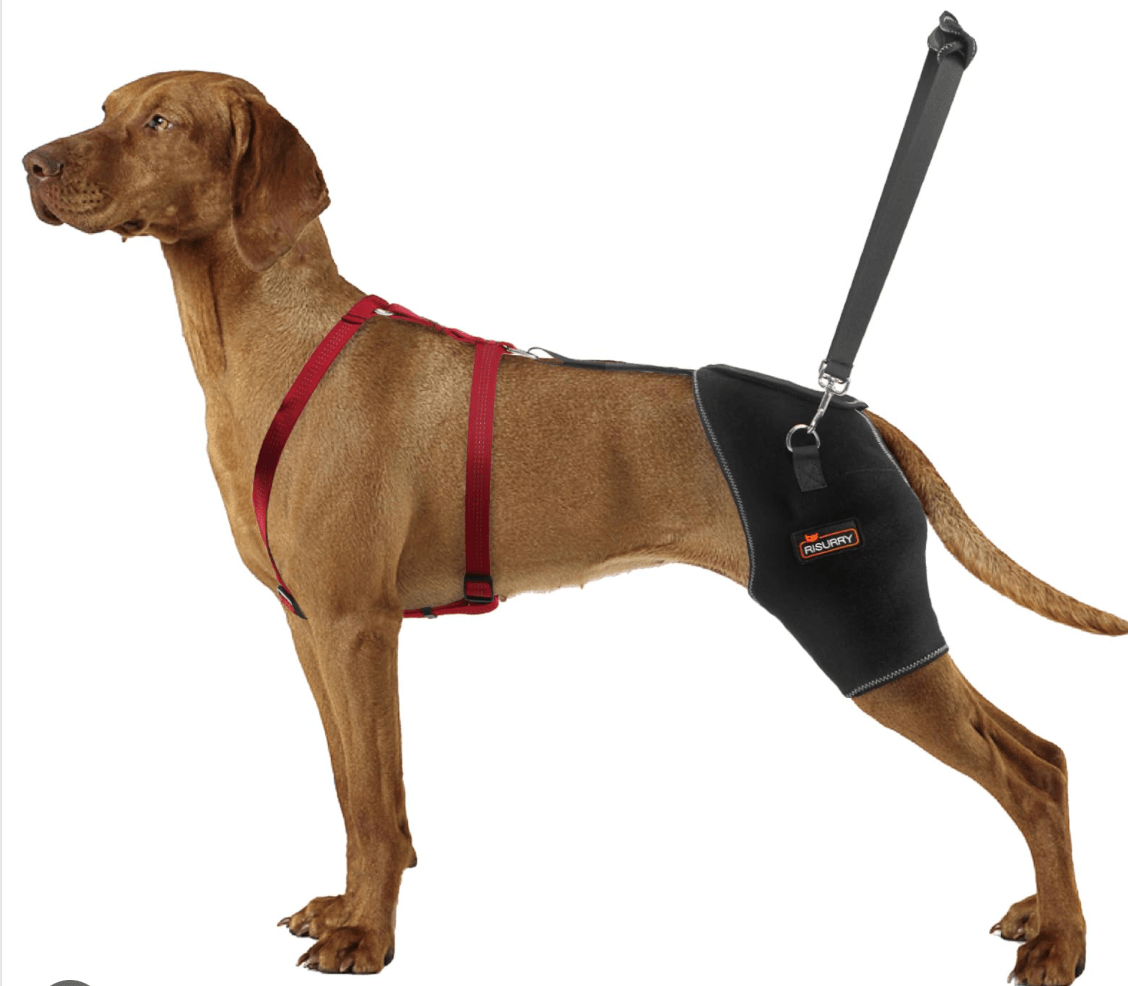
Share:
Why Protecting Pet Scent Identity Is Important
Dog whining in Sleep - Pain FAQs Part 1